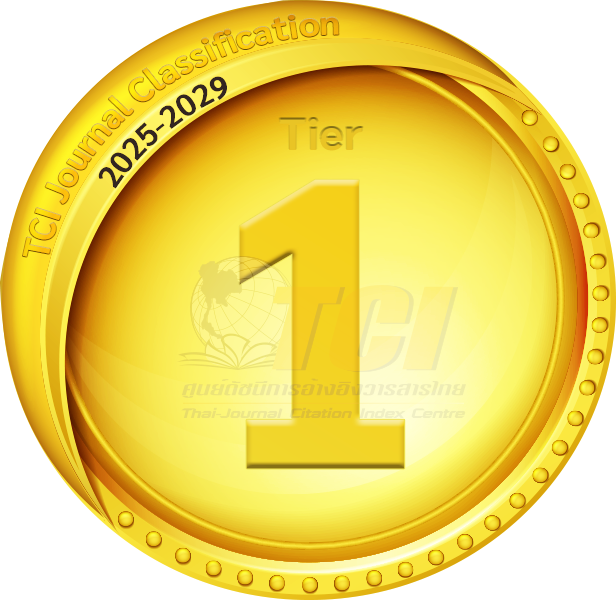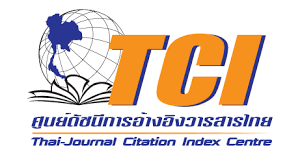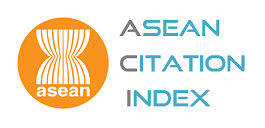Enhancing Food Security: Lessons from India’s Experience for Thailand
- Boonthiwa Paunglad, Faculty of Political Science, Ubonratchathani University, Ubonratchathani 34190, Thailand, boonthiwa.p@ubu.ac.th
Abstract
This study incorporated documentary research to explore the food security policies of the Republic of India and Thailand. The principal objective of this research is to investigate the food security policies of the government of India and the results are lessons to be applied in Thailand. The central government of India and Thailand’s primary and secondary reports and documents were utilized. The agricultural sector play an important role both in India and Thailand. Nevertheless, food security index of India in the decade since 2013-2022 was quite consistent with an average of 56.9. During the same period even if Thailand’s food security index seems quite higher than that of India with an averaged of 60.9, Thailand’s decade index fluctuated. According to India's food security policies, several programs are included such as the Public Distribution System, Mid-day Meal Scheme, and Antyodaya Ann Yojana (AAY). The National Food Security Act (NFSA), enacted in 2013, marked a significant shift in addressing food security issue by transforming it from a welfare to a right to food. In Thailand, food security is highlighted as one of the United Nations' sustainable development goals. Relevant policies and measures include the National Security Policy and Plan of Thailand (2019–2022), the National Policies and Plans on National Security (2023–2027), and the Thailand Food Management Action Plan, Phase 1 (2023–2027). Study results suggest that Thailand’s policies focus on promoting local food production and empowering communities, yet they lack a comprehensive state-supported distribution system similar to those of India’s Public Distribution System (PDS) and Antyodaya Anna Yojana (AAY). Currently, in Thailand, there is no extensive nationwide mechanism to ensure the government’s subsidised food distribution to its most vulnerable groups. By adopting India’s PDS or other similar programs, Thailand could build a more resilient safety net to guarantee equitable access to essential food supplies for those in need. Furthermore, Thailand’s policy framework do not establish food security as a legal right, which may pose challenges to consistent and fair food distribution. Implementing legislative measures to make food security a legal entitlement could enhance Thailand’s capacity to provide ongoing, dependable support to vulnerable communities.
Keywords: Food Security Policies of India, Food Security Policies of Thailand, Good life and Well-Being

Indexed in


Search